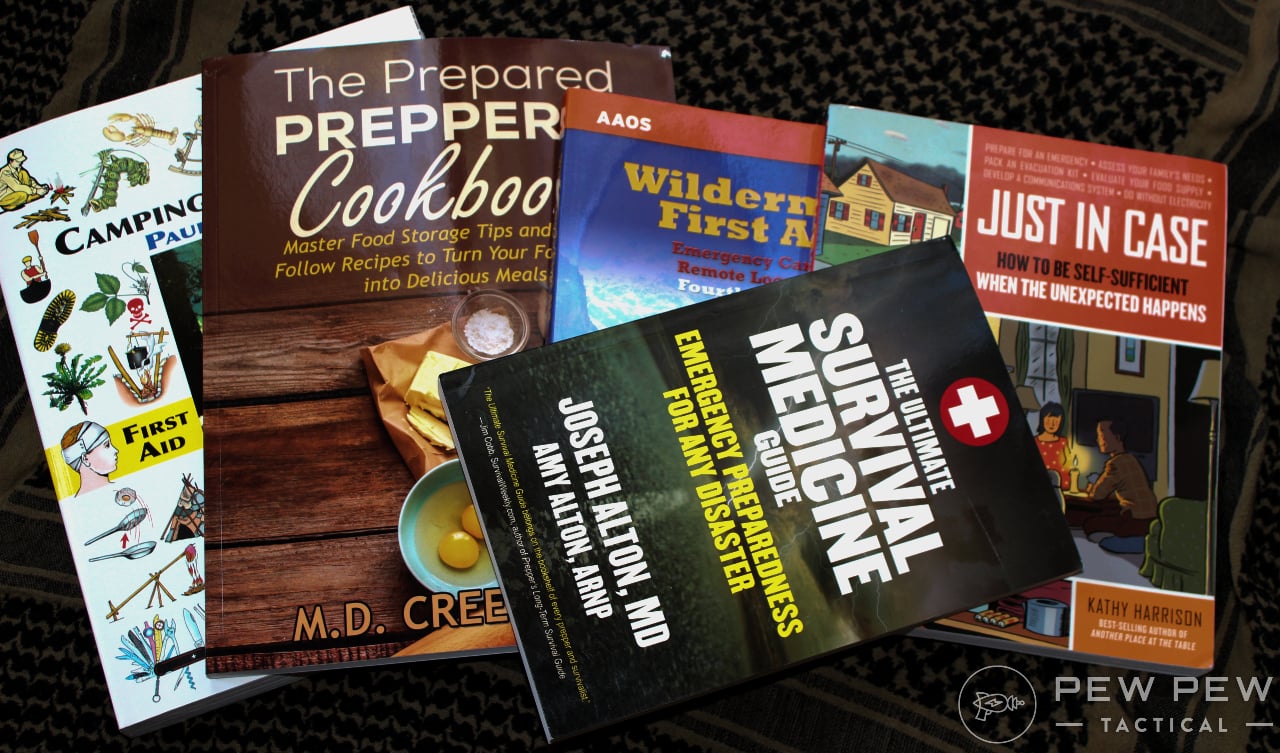“How To” Survival Books: A Guide to Preparedness in the Wild (and Beyond)

In the face of the unknown, “how to” survival books offer a beacon of hope. They can equip you with essential skills and knowledge to navigate challenging situations, whether it’s getting lost in the wilderness, facing a natural disaster, or even navigating everyday perils. Here’s a breakdown of what these books can offer:

Types of “How To” Survival Books:

- Wilderness Survival: These books focus on fundamental skills needed to survive in the wild, such as finding food and water, building shelter, starting fires, navigating with compass and map, and signaling for help. Examples include “The SAS Survival Handbook” and “Bushcraft 101.”
- Urban Survival: This category addresses challenges specific to urban environments, including natural disasters, power outages, civil unrest, and even everyday dangers like car accidents or fires. Books like “The Prepared Prepper’s Handbook” and “The Worst-Case Scenario Survival Handbook” fall under this category.
- Specific Survival Scenarios: Some books focus on particular scenarios, such as surviving at sea (“The Worst-Case Scenario Survival Handbook: Expert Advice for Extreme Situations”), surviving a plane crash (“I’m Alive: How to Survive a Crash Landing”), or enduring a zombie apocalypse (“World War Z”).
What You Can Learn from These Books:
- Essential Skills: You’ll learn practical skills like first aid, fire-starting, shelter building, water purification, foraging for food, signaling for help, and navigating with minimal resources.
- Mental Toughness: These books often emphasize the importance of staying calm, making rational decisions, and maintaining hope in difficult situations.
- Preparedness Tips: You’ll learn how to assemble a basic survival kit, develop a disaster plan for your home or family, and identify potential risks in your environment.
- Knowledge of Different Environments: From deserts and mountains to urban jungles and oceans, some books delve into the specific challenges and resources available in different environments.
Choosing the Right Books for You:
- Consider your needs: Are you preparing for a specific scenario, or do you want general survival knowledge?
- Skill level: Choose books appropriate for your existing skills and experience. Beginner-friendly options exist, while others cater to seasoned outdoorsmen.
- Credibility: Look for books written by experienced survival instructors, disaster preparedness experts, or individuals with proven records in their field.
- Personal preference: Some books focus heavily on practical skills, while others offer a more narrative approach with real-life survival stories. Choose something that engages you.
Beyond the Books:
While “how to” survival books provide valuable knowledge, remember that practice is key. Consider taking wilderness survival courses, practicing building shelters and starting fires in your backyard, and assembling a basic survival kit. Remember, preparedness is the best tool for survival.
I hope this explanation helps you navigate the world of “how to” survival books and find the right resources to empower yourself in challenging situations.










